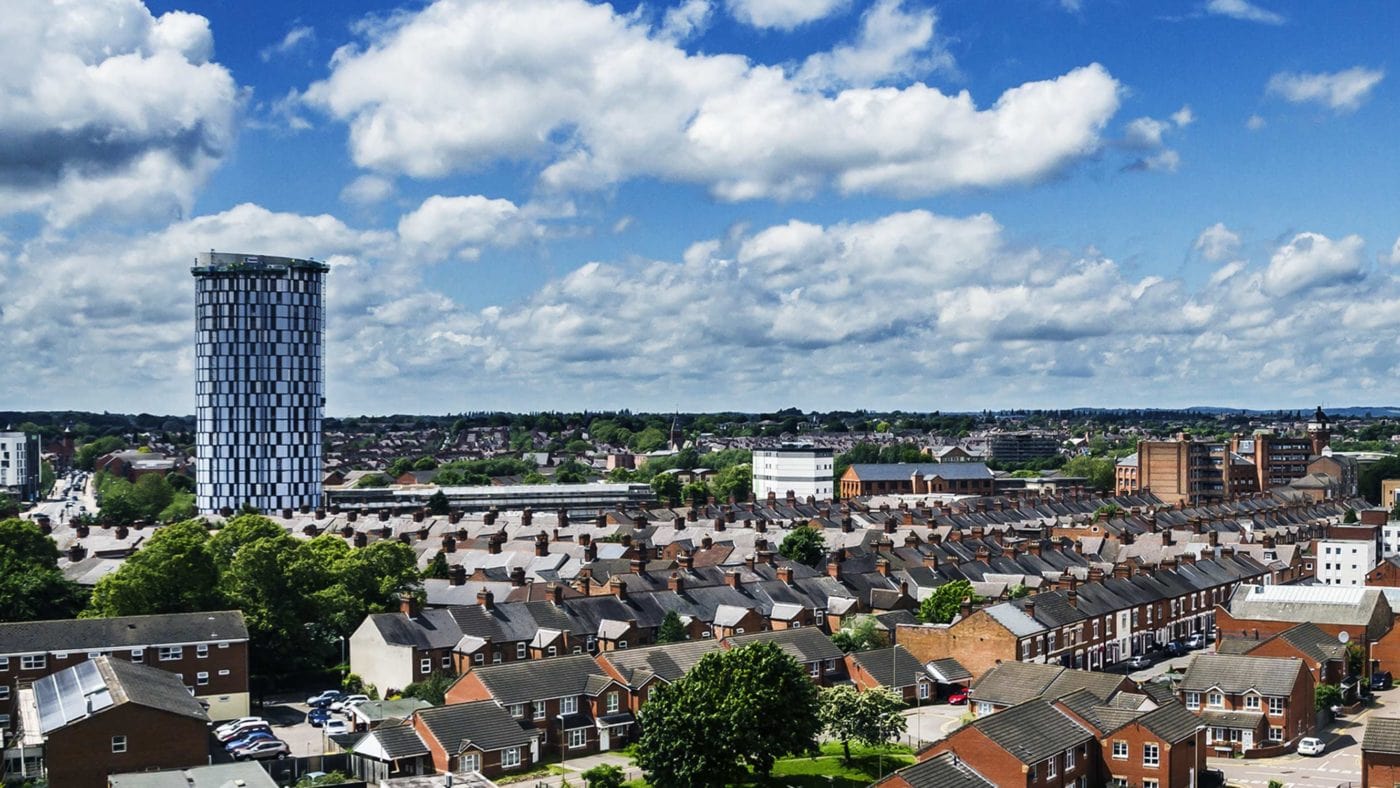Leicester has traditionally been regarded as a paragon of social cohesion – the truest interfaith success story in modern Britain. It was only a few weeks ago that the University of Leicester announced plans to hold a series of events to celebrate the city’s immigration-induced diversity. John Williams from the university’s Unit for Diversity, Inclusion and Community Engagement (DICE) described Leicester as a tired and non-descript city which had been transformed into a ‘thriving and successful multicultural place’.
All of that was called into question on August 28, when public disorder broke out following the Asia Cup cricket match between India and Pakistan – which took place in the United Arab Emirates. That unrest has rumbled on throughout September and before the weekend local police said 27 people had been arrested, mostly on suspicion of violent disorder and public order offences. Since then another 15 arrests have been made after further public disturbances in Asian-dominated areas of east Leicester, such as Belgrave.
This isn’t simply a case of ‘Indians vs Pakistanis’, but of hardline ‘Hindutva’ nationalists vs equally hardline Islamists – with Leicester’s law-abiding and community-spirited Hindu and Muslim communities caught in the crossfire. There’s plenty of finger-pointing to go round: Islamists have intimidated Hindus and vandalised a local temple, while Hindutva marches have deliberately taken place in majority Muslim neighbourhoods. The chant of ‘Jai Shri Ram’, meaning ‘Glory to Lord Rama’, may sound innocuous to the uninitiated, but is a provocative politico-religious slogan employed in India itself to galvanise sectarian violence against non-Hindus.
I have warned previously on CapX that imported sectarianism poses a fundamental threat to social cohesion, especially in diverse parts of the country which lack effective social and political leadership. Last year’s noxious by-election in Batley and Spen was a worrying example of how territorial disputes far from the UK can be weaponised on our shores. I suspect some of Leicester’s political leaders had grown complacent and believed that their city was immune to these ideological viruses and the violence they so often entail.
The last few weeks have made abundantly clear that is not the case. But nor should it have caught anyone by surprise, given the degree to which south Asian politics – especially the dispute over Kashmir – have shaped local politics in recent years.
Of course, it would be unfair to direct all the blame towards Leicester’s politicians. There are credible reports of Hindutva and Islamist agitators travelling to Leicester from places like London and Birmingham to stir up trouble. There are also question marks over whether a relatively small force like Leicestershire Police were properly equipped to deal with public disorder on this scale.
Nor should we shy away from the fact that recently arrived south Asian migrants may have been involved in the disorder. Among them, reportedly, are Indian citizens affiliated with the ruling Bharatiya Janata Party (BJP) and the Rashtriya Swayamsevak Sangh (RSS) – a hard-right, Hindu-nationalist paramilitary volunteer organisation which takes its inspiration from European fascism, both in terms of ideology and tactics.
It’s reasonable to surmise, therefore, that the unrest in Leicester stems from three main factors: the ‘communalisation’ of local politics, out-of-town agitators exacerbating community tensions, and recently arrived subcontinental migrants with radical ideological beliefs.
But there’s something much deeper at play here too. Governments of all stripes have been sleeping at the wheel when it comes to integration. State-backed multiculturalism has empowered self-appointed ‘community spokesmen’ who put their own narrow identitarian interests ahead of social cohesion.
Stopping the rot requires decisive action. Unfortunately, there are mainstream British politicians who have fraternised with Islamist and Hindutva organisations for personal gain – that must end. There should also be a crackdown on religious-minority ‘charities’ and unregistered faith ‘schools’ which perpetuate sectarianism. On a logistical level, we need more co-operation between police forces to deal with the out-of-town troublemakers who fan the flames of disorder.
There’s also a question here about immigration controls. As someone of south Asian heritage, it pains me to say that there is now clear evidence of the risk of untrammeled immigration from countries such as India. Of course, we should be looking to strengthen our relationship with what is a hugely important economy, but we should be clear about the dangers of the hard-line Hindutva ideology cultivated by the Modi government. Ultimately, we cannot let an overly laissez-faire attitude to immigration jeopardise community relations – and there’s nothing wrong with making integration a core component of our post-Brexit immigration system.
We should not throw the baby out with the bathwater here. Though bigots will claim that Leicester’s disorder proves that immigration in general is a recipe for disaster, the UK remains one of the most successful examples of a multi-ethnic, religiously-diverse democracy. That is something to take pride in, but the events of recent week show that maintaining good relations in diverse areas takes effort – and there is no room for complacency.
Click here to subscribe to our daily briefing – the best pieces from CapX and across the web.
CapX depends on the generosity of its readers. If you value what we do, please consider making a donation.


